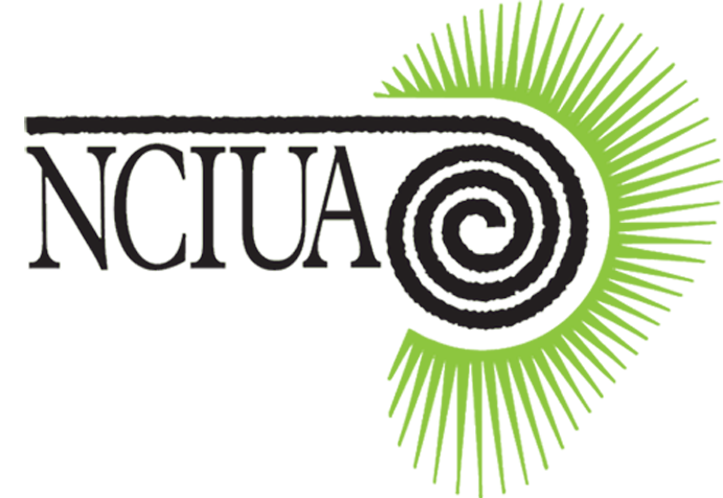Access to Work
Access to Work offers practical advice and help in a flexible way so that it can be tailored to suit your needs and help you make the most of your opportunities in work by helping you to tackle some of the practical obstacles you may meet.
Access to Work: contact your Access to Work centre – see here for details or in Northern Ireland contact an Employment Service Adviser in your local Jobs and Benefits office or Jobcentre.
A Fact Sheet on Access to Work can be seen here.
Access to Work can also help if you need help at job interviews, for example a communicator or interpreter. It applies to any paid job, part-time or full-time, permanent or temporary. If your disability or health condition affects the kind of work you do, ask about Access at JobCentre Plus, which is a business within the Department for Work and Pensions.
Access to Work can assist in a number of ways. It can help pay for a communicator if you are deaf or have a hearing impairment and need a communicator with you at an interview; or a reader at work, if you are blind or have a visual impairment. It can provide special equipment (or alteration to existing equipment) to suit your particular work needs because of your disability. It can provide alterations to premises or your working environment if you need it. It also covers the provision of a support worker, if you need practical help.
Specific examples of help at work for us are the funding of a Speech to Text operator to provide live transcriptions of meetings and similar important occasions when your hearing might put you at a disadvantage. Another is the provision of adapted telephones or MiniComs.
If you are unemployed with a job to go to, have just taken up a job or are in or starting self-employment, Access to Work will meet up to 100% of the approved costs of help.
The latest Government advice on these subject can be seen here in fufilling the Action of Hearing Loss programme.
